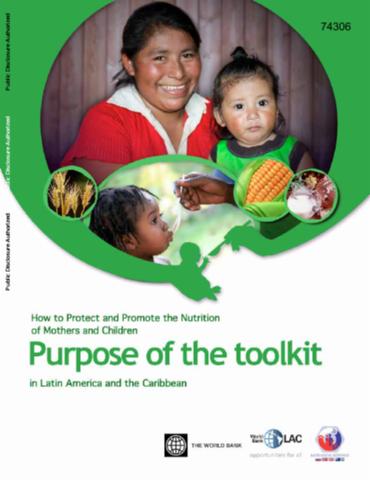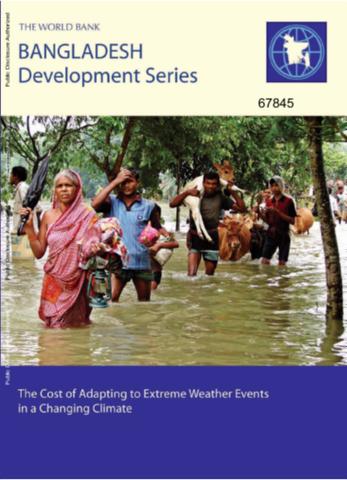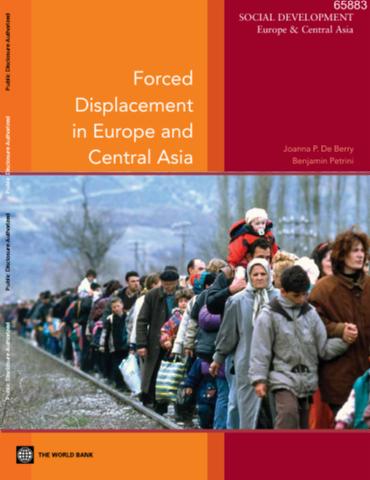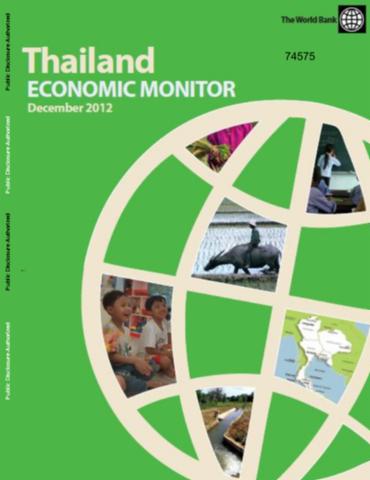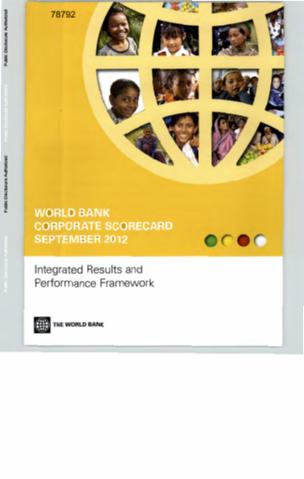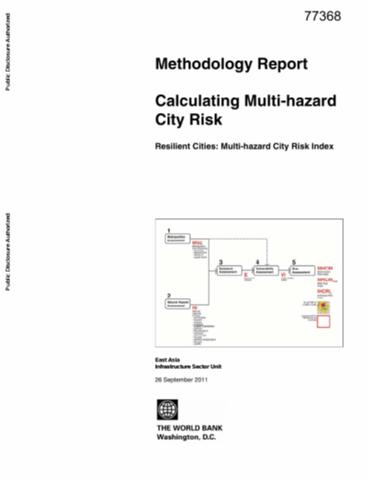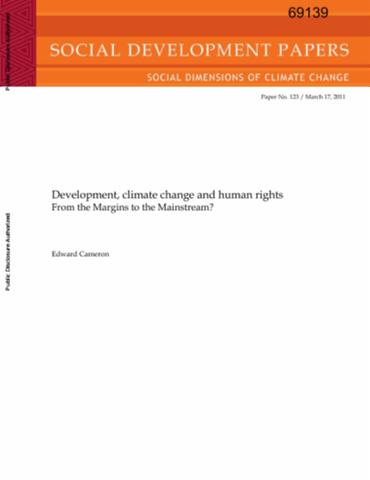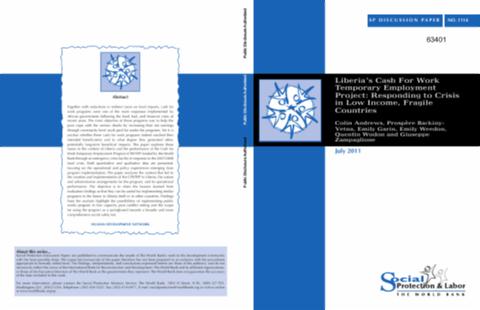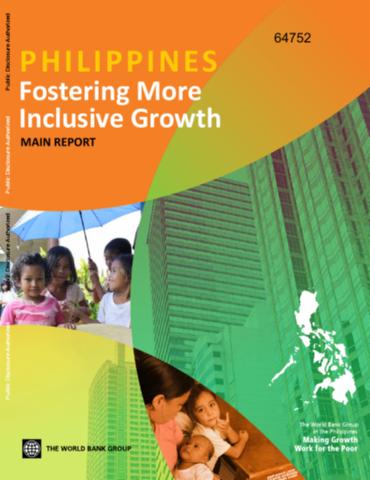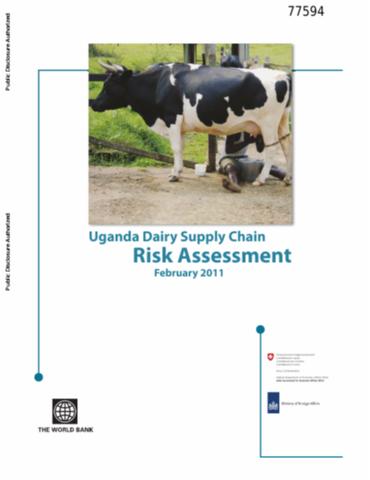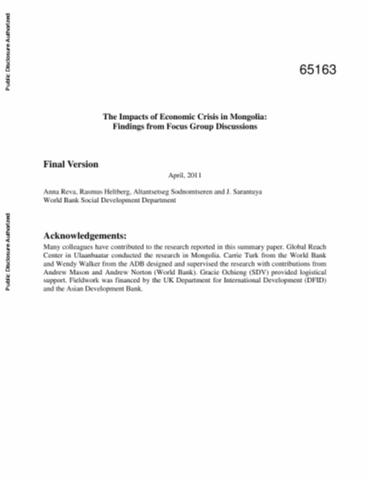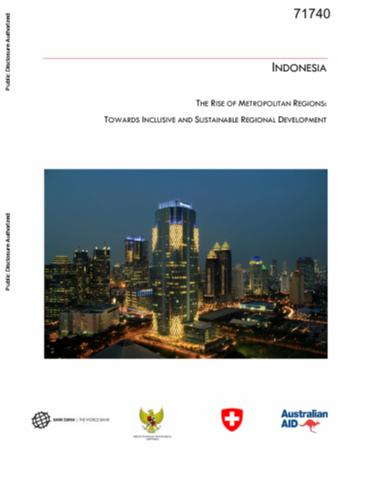How to Protect and Promote the Nutrition of Mothers and Children in Latin America and the Caribbean
This toolkit is the first of its kind to provide information on promoting and protecting the nutritional status of mothers and children in crises and emergencies. Latin America and the Caribbean is one of the most vulnerable regions in the world to major crises and emergencies. This toolkit aims to improve the resilience of the most vulnerable in times of intensified nutritional needs, most notably pregnant and lactating mothers as well as children less than two years of age.

